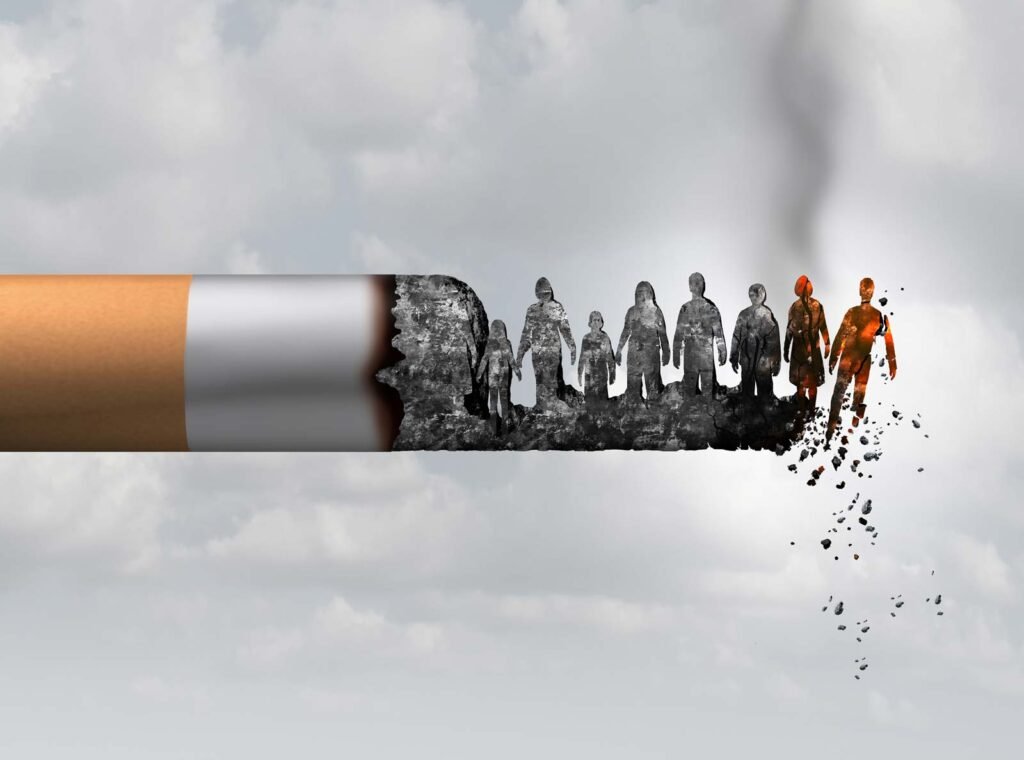Does Smoking Invalidate Prayer?

Prayer holds great significance in various religious traditions, serving as a means of spiritual connection and communication with a higher power. However, the question of whether smoking invalidates prayer is a topic that can provoke varying opinions and interpretations within different religious communities. Let’s explore this matter from different perspectives.
The Islamic Perspective
In Islam, prayer, known as Salah, is one of the Five Pillars of Islam and holds immense importance. Islamic teachings emphasize the purification of both the body and mind before engaging in prayer. While smoking itself is not explicitly mentioned in the Quran, the harmful effects of smoking on one’s health and the body are widely acknowledged.
From an Islamic perspective, smoking may be considered detrimental to one’s physical well-being and could be seen as disrespecting the body, which is considered a trust from God. Thus, some Islamic scholars argue that smoking should be avoided or discouraged to maintain the purity and sanctity required for prayer.
The Christian Perspective
Christianity encompasses various denominations and interpretations, which can lead to differing views on the relationship between smoking and prayer. The Christian faith places a strong emphasis on maintaining the body as a temple of the Holy Spirit. Consequently, many Christians discourage smoking due to its harmful effects on physical health.
However, in most Christian traditions, smoking itself does not invalidate prayer. Instead, it is viewed as a personal choice that may have consequences for one’s health. Christians are encouraged to practice self-discipline and make choices that honor God, including caring for their bodies. Nevertheless, the act of smoking, in and of itself, does not render prayers invalid.
The Hindu Perspective
Hinduism is a diverse and complex religion with various sects and interpretations. While Hindu scriptures do not directly address smoking, the principle of Ahimsa (non-violence) holds great significance. Ahimsa promotes the idea of non-harming and extends to the body, mind, and environment.
In the context of prayer, smoking can be seen as contradictory to the principles of Ahimsa and self-purification. Many Hindus strive for physical and mental purity before engaging in prayer or other religious practices. Therefore, some Hindus may choose to avoid smoking in order to maintain the required state of purity for prayer, while others may not view smoking as directly affecting the validity of prayer.
Personal and Cultural Perspectives
Individuals and cultures may have personal or cultural beliefs regarding smoking and prayer that go beyond religious teachings. These perspectives can vary widely and are influenced by factors such as upbringing, personal experiences, and societal norms.
Some individuals may find that smoking hinders their ability to focus or feel spiritually connected during prayer, leading them to abstain from smoking before engaging in prayer. Others may not perceive smoking as directly impacting their prayer experience and continue to practice their faith without feeling that it invalidates their prayers.
Conclusion
The question of whether smoking invalidates prayer does not have a definitive answer applicable to all religious traditions. The perspectives on this matter vary within different religious communities and among individuals. While some religions emphasize the importance of physical and mental purity for prayer, others focus on the intention and sincerity of the worshiper.
Ultimately, the decision to smoke or refrain from smoking before prayer is a personal choice influenced by religious teachings, cultural beliefs, and individual conscience. It is important to respect diverse perspectives and strive for spiritual connection and sincerity in our prayers, regardless of personal habits or practices.